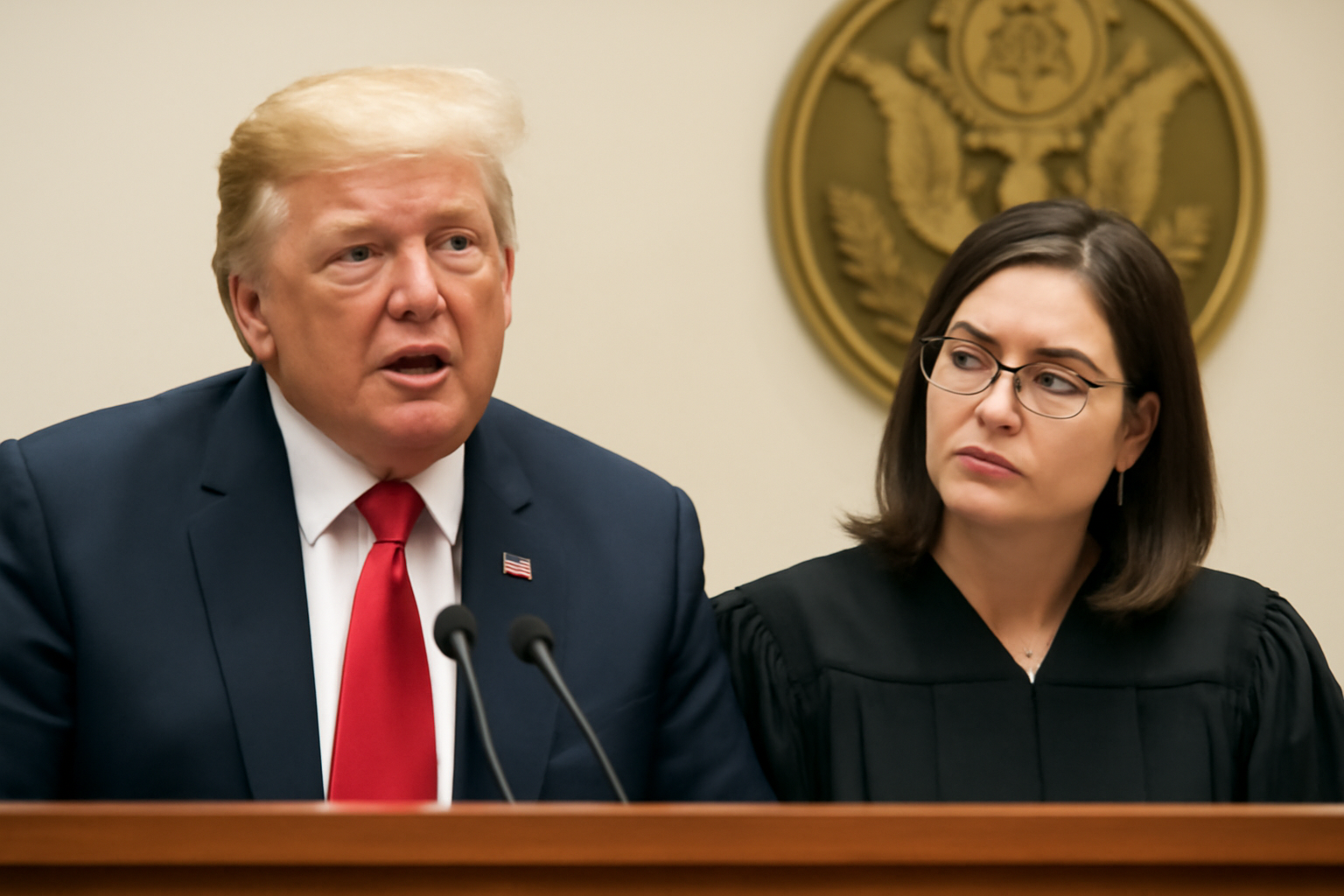
A federal judge has blocked former President Donald Trump's attempt to withdraw federal funding from medical institutions that provide gender-affirming care. This decision marks the second time a federal judge has found that Trump did not have the executive authority to enforce such a ban.
U.S. District Court Judge Lauren J. King, appointed by President Joe Biden, initially paused Trump's directive for 14 days. The directive aimed to halt federal research and educational grants to medical schools and hospitals offering gender-affirming care to individuals under 19. This move was temporarily blocked in response to legal action taken by the attorneys general of Washington, Oregon, and Minnesota, who argued that Trump's order infringed upon states' rights. Colorado later joined the lawsuit, increasing the number of plaintiff states to four.
Legal Battle and Implications
The judge's pause, set to expire on February 28, prompted an injunction hearing where arguments were heard to determine whether to extend the block. Judge King decided to approve a preliminary injunction, preventing the enforcement of Trump's order in the plaintiff states.
The states argued that Trump's attempt to control the medical care available to state residents violated constitutional rights, including the Fifth Amendment's Due Process Clause and the Tenth Amendment's states' rights guarantees. The plaintiffs also claimed that withholding funding approved by Congress was unconstitutional under the separation of powers principle.
The Department of Justice (DOJ) defended the order, arguing that it was consistent with applicable law and did not violate constitutional protections. They claimed the Equal Protection Clause was not applicable, as the order aimed to "safeguard children from potentially dangerous, ineffective, and unproven treatments."
Medical Consensus
Gender-affirming care has long been recognized as safe and effective by major medical associations. These treatments, used for decades among transgender individuals and cisgender children, are deemed essential for the well-being of trans people.
During the hearing, Judge King questioned DOJ attorney Vinita Andrapalliyal about the language used in Trump's order, particularly its definition of gender dysphoria. Following a detailed exchange, Andrapalliyal acknowledged gender dysphoria as a legitimate medical condition. King confirmed there was no scientific dispute over its validity.
Washington Assistant Attorney General William McGinty emphasized the urgency of the issue, asserting that "the president's disregard for the Constitution is obvious and intentional. However, states and the courts have reaffirmed the rule of law and the values that unite us as a nation."
Constitutional Concerns
Judge King highlighted that the language in Trump's order, using terms like "maiming," "sterilizing," and "mutilation," is not typical of gender-affirming care practices in the U.S. The judge also noted that the order was not limited to children or irreversible treatments, nor did it address interventions on cisgender children.
"In fact, its inadequate 'means-end fit' would prevent federally funded medical providers from offering necessary medical treatments to transgender youth unrelated to gender identity," King wrote. "For example, a cisgender teen could receive puberty blockers as part of cancer treatment, but a transgender teen following the same care plan could not."
King concluded that Trump's order was a mechanism to limit rights and protections for transgender individuals and thus issued the injunction. The only part of the order not blocked pertained to female genital mutilation, already illegal in the plaintiff states with no evidence of planned procedures.
Future of the Legal Case
King's ruling is the second time that federal judges have issued injunctions against Trump's order on gender-affirming care. Previously, U.S. District Judge Brendan Hurson, also appointed by President Biden, declared that Trump's ban lacked legal authority and constituted unconstitutional discrimination. Hurson's ruling applied nationwide.
The injunction by Judge King will remain in effect until the case is resolved. To have the injunction lifted, the DOJ would need to appeal to the 9th U.S. Circuit Court of Appeals, which has a majority of Democrat-appointed judges, making an appeal unlikely in the immediate future.
Stay informed on the latest developments affecting the LGBTQ+ community by subscribing to our newsletter.
Related Posts
Triumphant Trans Woman Wins Legal Battle and Inspires Others to Stand Up for Their Rights
Breaking new ground: a landmark victory in transgender rights After battling in courtrooms and enduring endless challenges, Diana Portillo, a transgender woman, has secured a monumental victory in her decade-long fight against workplace discrimination. The result? Nearly $1 million awarded in a historic settlement. But this isn't just a win on paper—it represents a powerful precedent in combati [...]
Pride Month in Latin America: Protests and Demands for Equality
**Celebrating Pride and advocating LGBTQ+ rights in Latin America** Pride Month in Latin America was a lively mix where celebration met activism. Communities united, not just throwing a party but making a stand—demanding equality and pushing governments toward better protection and rights recognition. Throughout Latin America, pride events erupted in marches and cultural displays, each with a c [...]
Transgender Erasure Actions Implemented by National Park Service
```html Trump administration's impact on national park service and transgender recognition The Trump administration made notable moves in undermining transgender representation, which included directing agencies like National Park Service not include "T" and "Q" when they refered “LGBTQ” in any official communication. This move seems part a broader plan by this administration aimed at reducin [...]